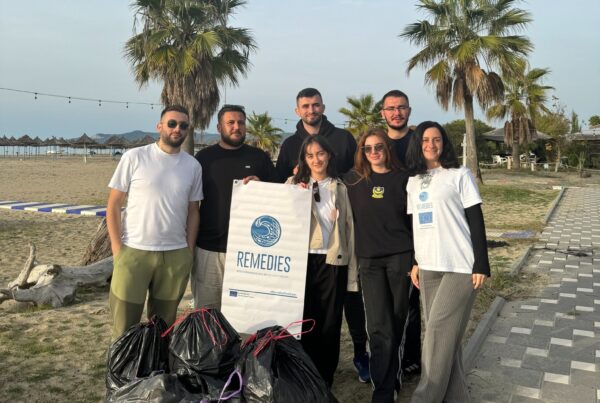Mapping Macro- and Microplastics in the Mediterranean Sea: A Green Paper for Strategic Action and Policy Development
Partner(s)/Owner(s): VITO, in collaboration with WP1 partners
Brief Description:
This Green Paper aims to synthesize current knowledge on the distribution, sources, and impacts of plastic pollution in the Mediterranean. It outlines innovative methodologies for mapping plastic pollution, including remote sensing, citizen science, and advanced analytical techniques. Furthermore, the paper will identify gaps in existing data, emphasizing the need for cross-border collaboration and standardized monitoring protocols. Finally, it proposes policy recommendations to reduce plastic inputs, improve waste management, and enhance the resilience of marine ecosystems. This paper will serve as a call to action for policymakers, researchers, and stakeholders to collectively address the pressing challenge of plastic pollution in the Mediterranean region.
Problem:
The Mediterranean Sea faces a significant threat from plastic pollution. Large quantities of plastic debris are harming marine life, disrupting ecosystems, and impacting human health and economic activities. Marine animals suffer from entanglement and ingestion of plastic waste, while microplastics contaminate the food chain, posing potential risks to human health. Tourism and fisheries are negatively affected by plastic pollution, leading to economic consequences for coastal communities. This complex problem is exacerbated by insufficient data, inadequate policies, and a lack of coordinated action among stakeholders. Addressing plastic pollution in the Mediterranean requires urgent and comprehensive strategies, including research, policy interventions, and collaborative initiatives.
Solution:
The Green Paper on Mapping Macro- and Microplastics in the Mediterranean Sea synthesizes current knowledge on plastic pollution’s distribution, sources, and impacts. It analyzes innovative mapping methodologies, including remote sensing, citizen science, and advanced techniques, identifying data gaps and emphasizing cross-border collaboration and standardized monitoring. This document serves as a resource for policymakers and stakeholders developing mitigation strategies.
Do you want to learn more about this REMEDIES Innovation?
Discover more about it here, or contact info@remedies.com.



